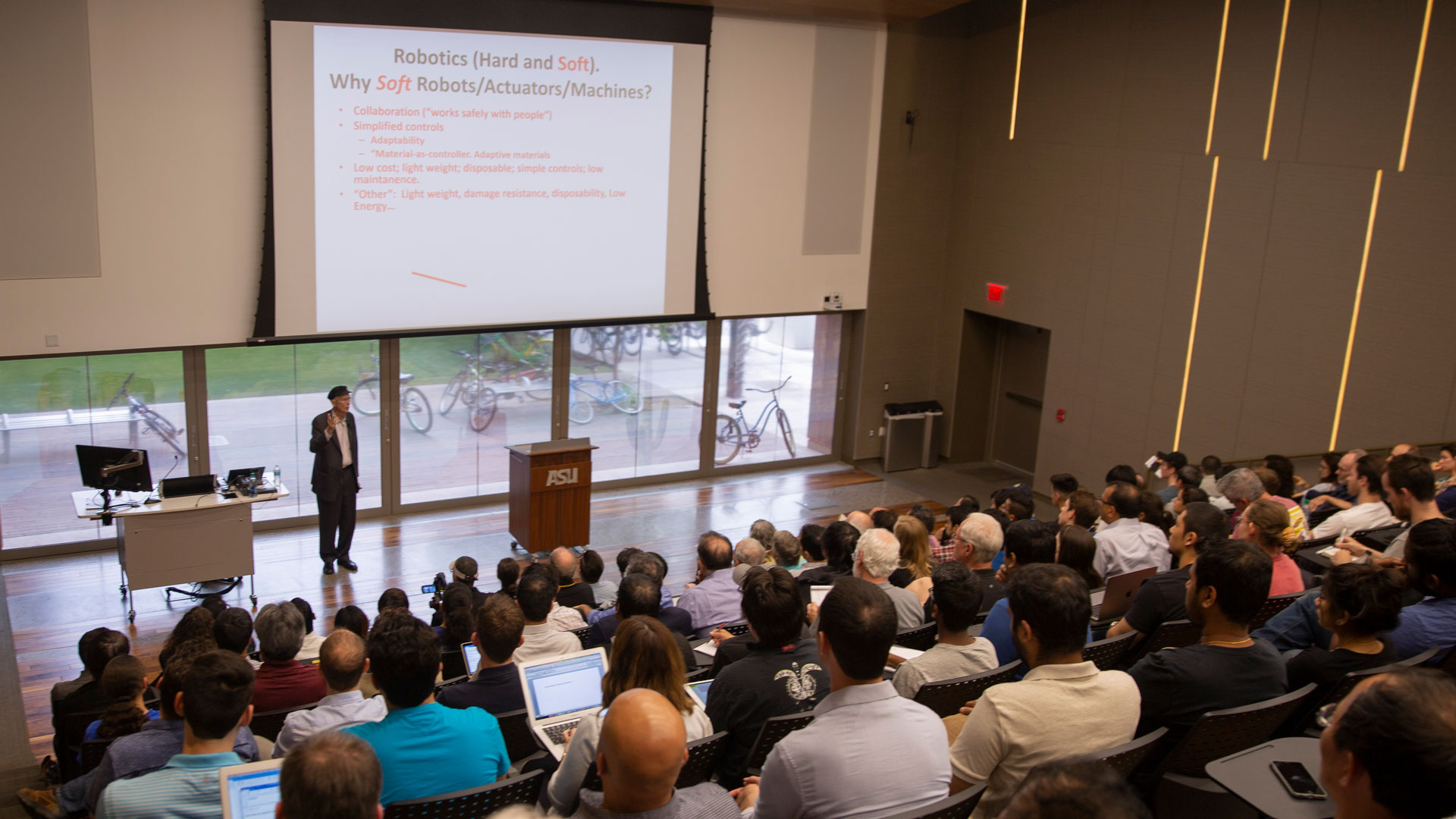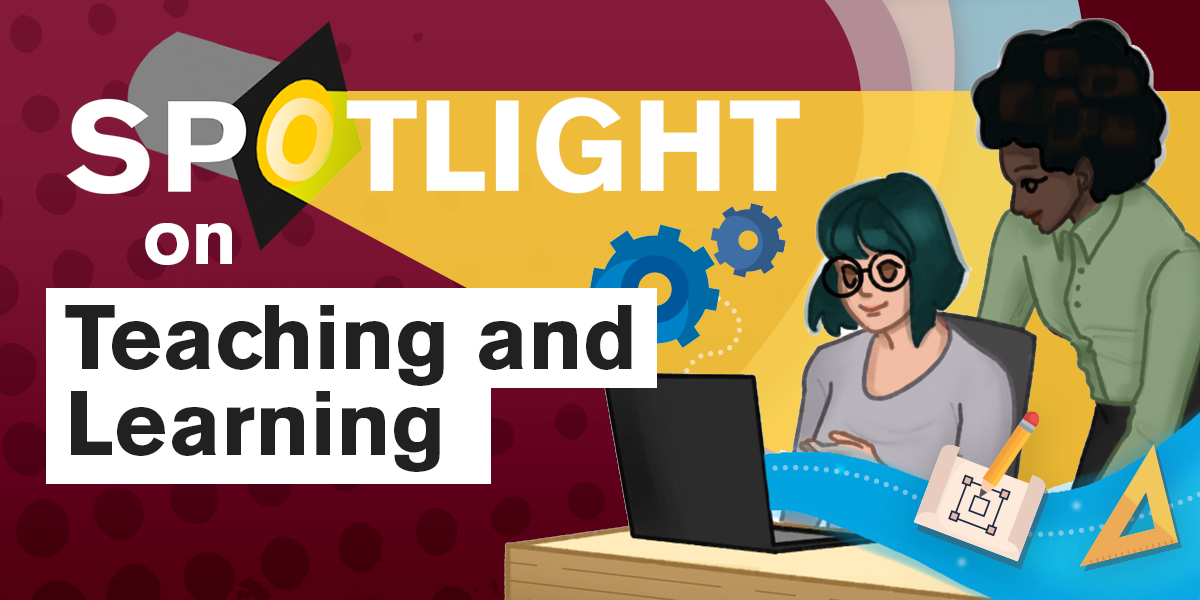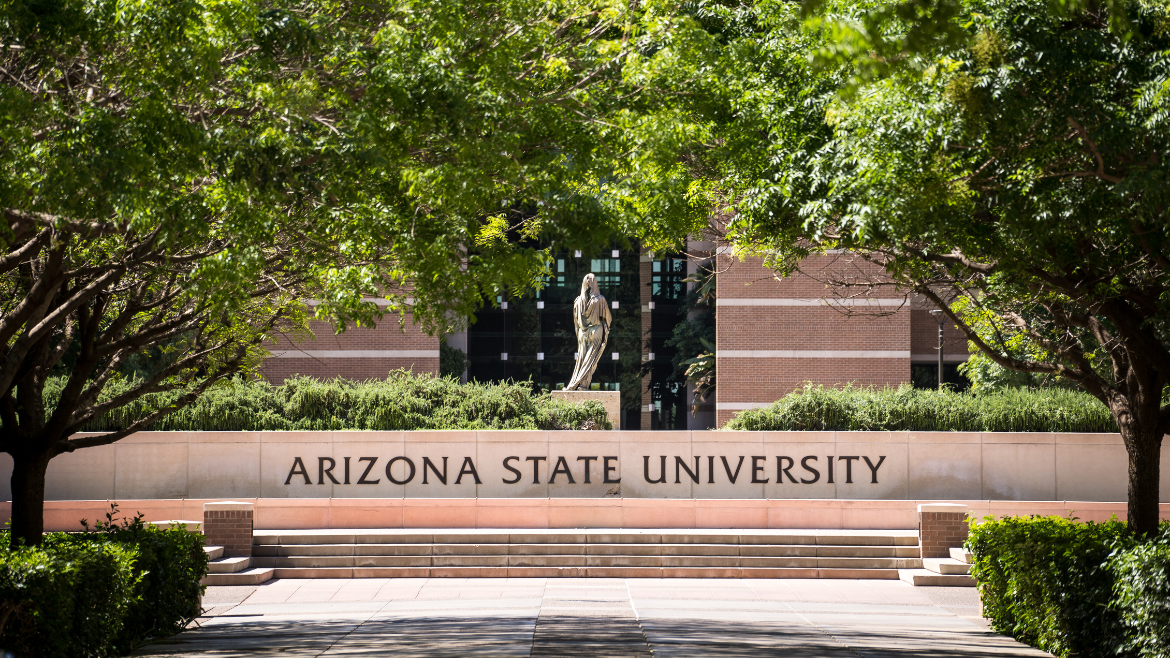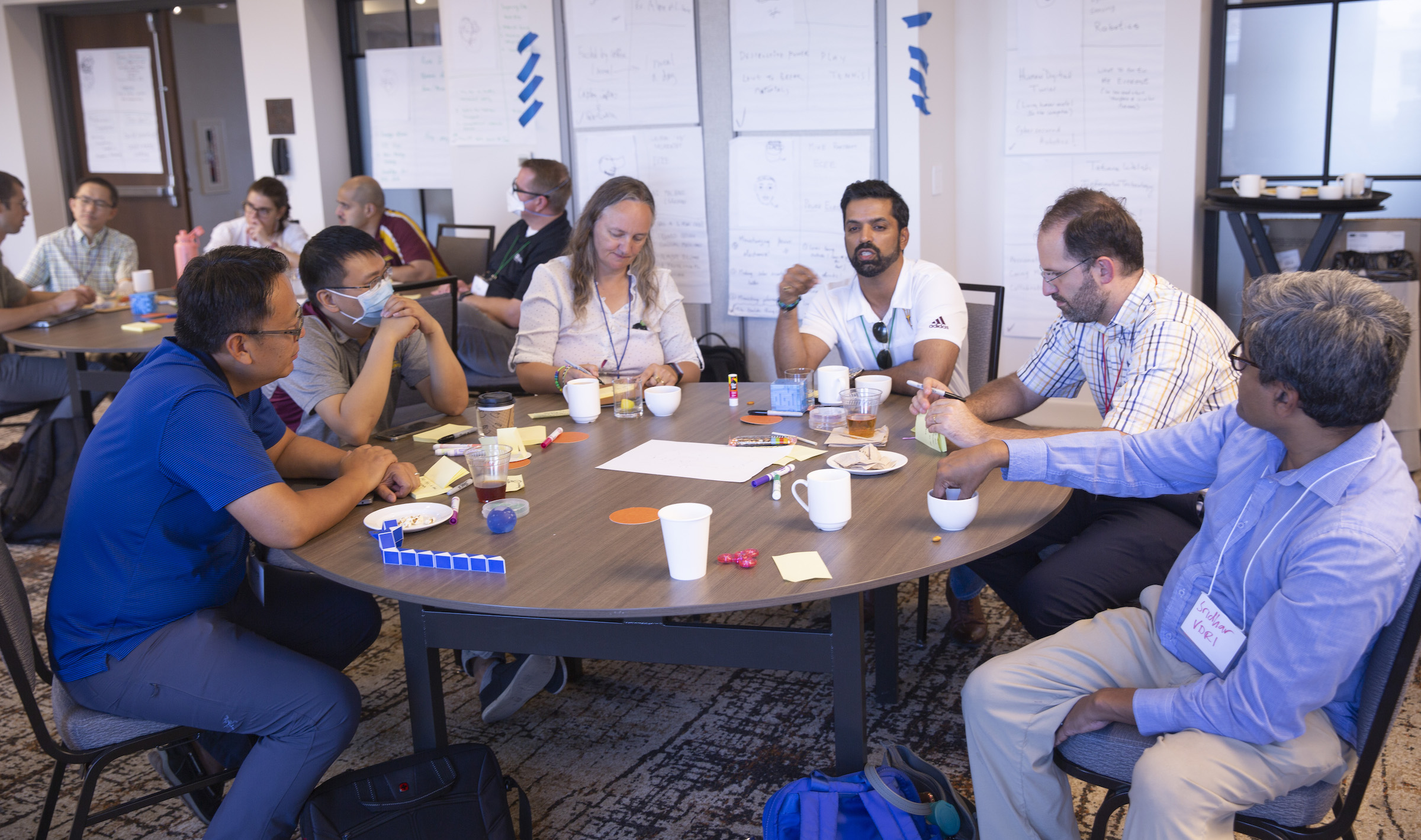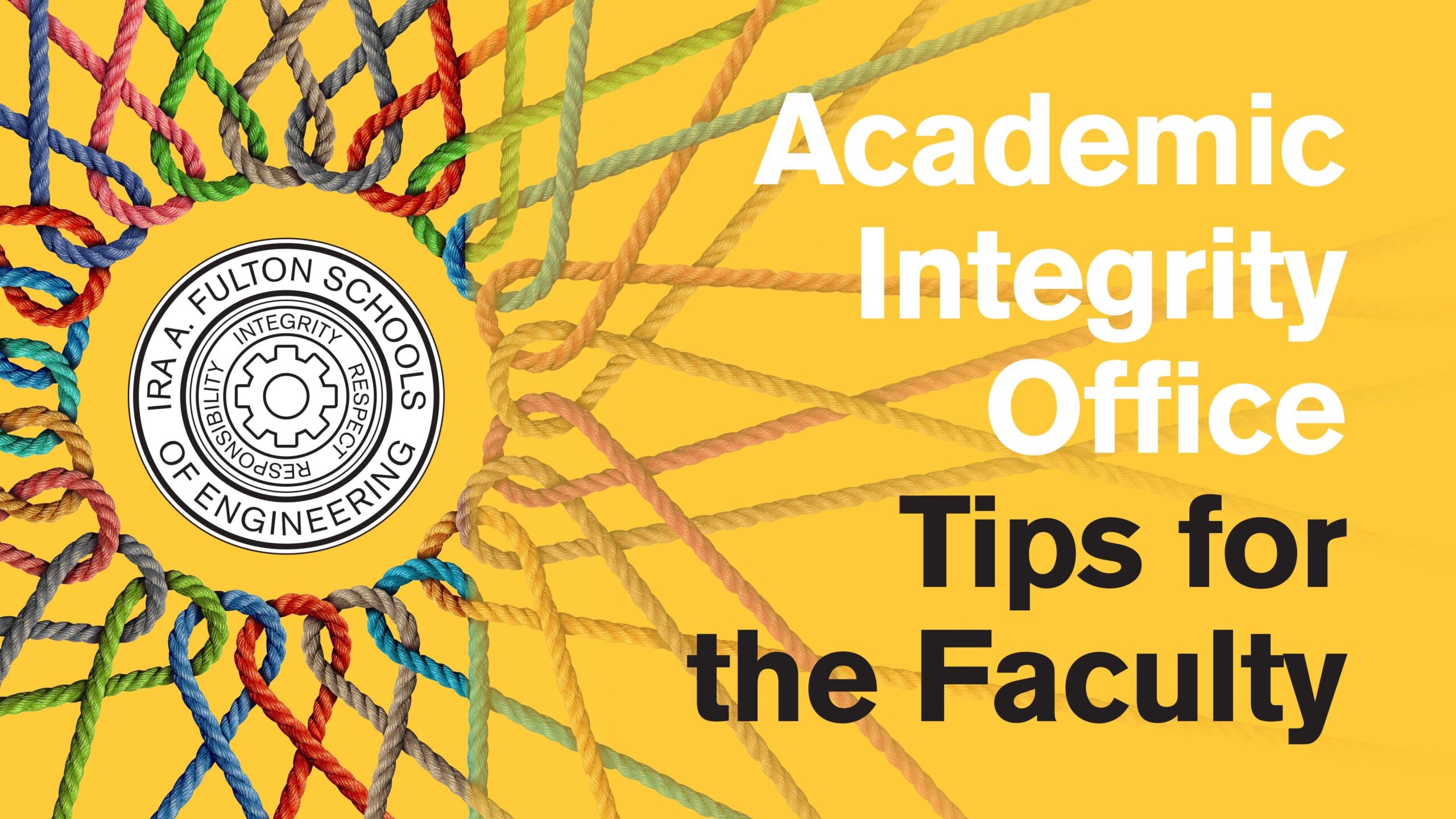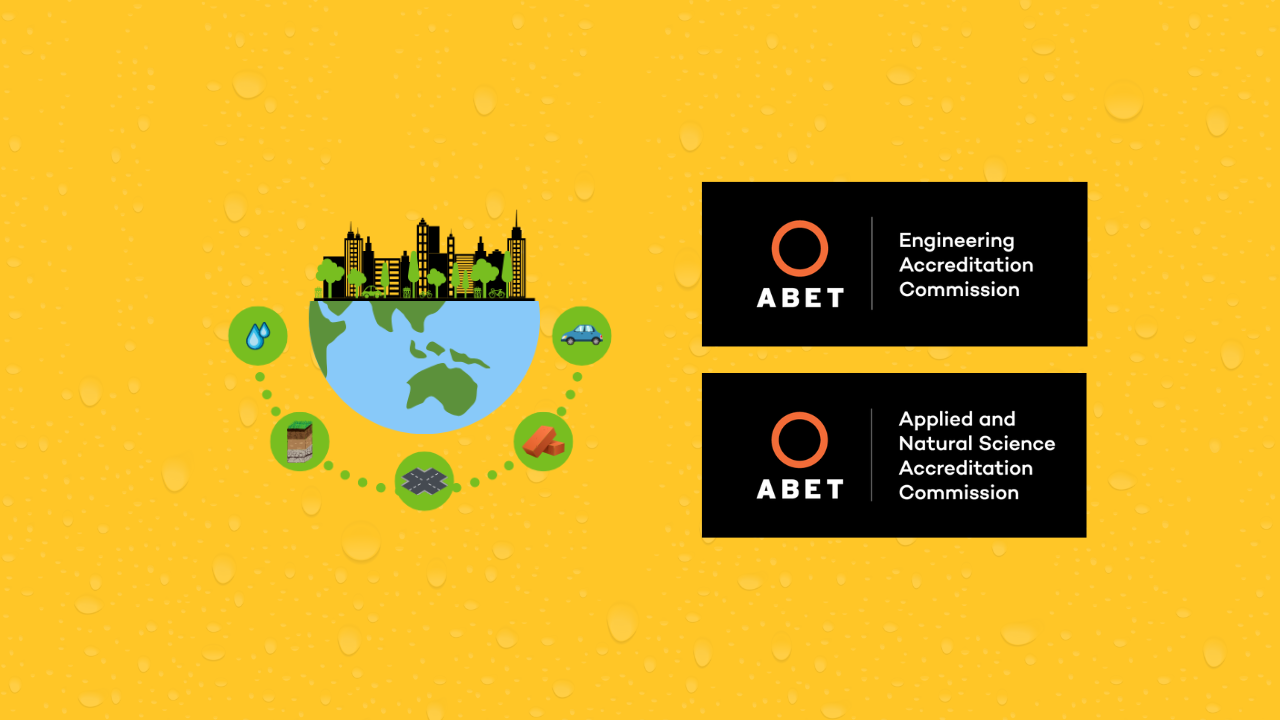The primary objective of the Undergraduate Teaching Assistant Program, or UGTA program, is to improve students’ educational experiences in their Fulton classes. Submit your request for a UGTA for your fall semester course by Monday, June 20, 2024. The attached flyer can be sent to students you want to apply to serve as a UGTA…
